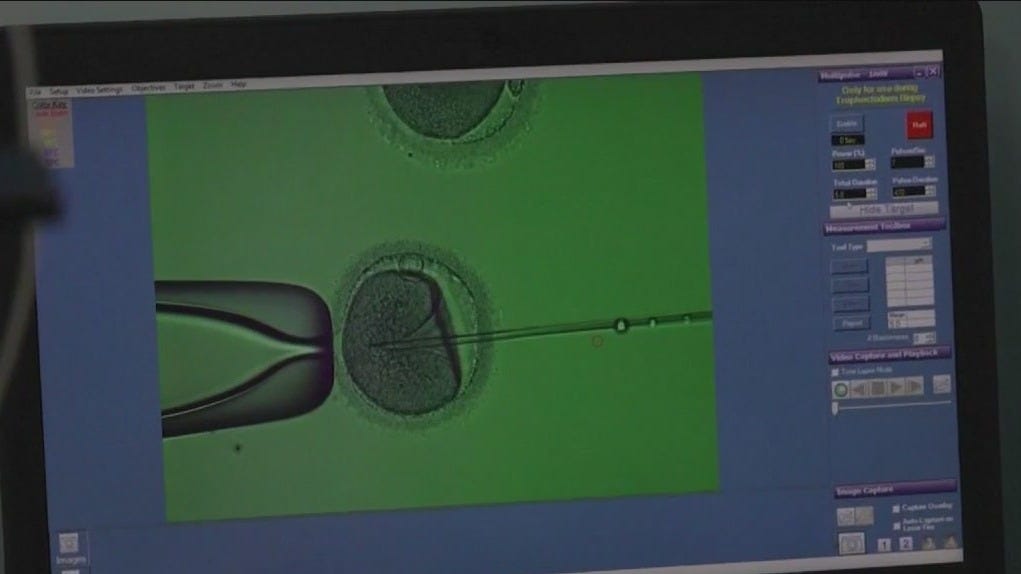What Project 2025 means for IVF and why it matters to Tim Walz

Minnesota Gov. Tim Walz was named this week as Kamala Harris’s vice-presidential running mate.
Walz and his wife Gwen have two children, Hope and Gus, and have been open about their personal journey with in vitro fertilization a technology that enabled them to start their family.
As Harris’ running mate, Walz is now at center stage for a battle with a conservative party that means to implement restrictive practices that could affect IVF and other reproductive technologies.
Project 2025, a comprehensive conservative policy blueprint, does not directly mention in vitro fertilization, but critics have warned included language promoting fetal personhood could have far-reaching consequences for IVF.
What does Project 2025 say about IVF?
Project 2025, playbook for the next conservative White House administration, advocates for recognizing fetal personhood from the moment of conception.
This stance could lead to new regulations treating embryos as full legal persons, leading to restricting research on embryos, complicating the creation and storage of embryos, and limiting the practice of discarding non-viable embryos.
In practice, restricting embryo research could stall advancements that have made IVF more effective and accessible.
Innovations in IVF depend on the ability to conduct meaningful research on embryos to improve success rates and outcomes. Fetal personhood laws could severely limit this research, and stall scientific progress, reducing the availability of effective reproductive technologies.
And by imposing legal constraints on the disposal of embryos and the handling of reproductive technologies, Project 2025 could cause significant legal and ethical dilemmas for medical professionals who offer or support IVF.
This could deter medical professionals from engaging in IVF treatments, limit the options available to families, and complicate the overall IVF process.